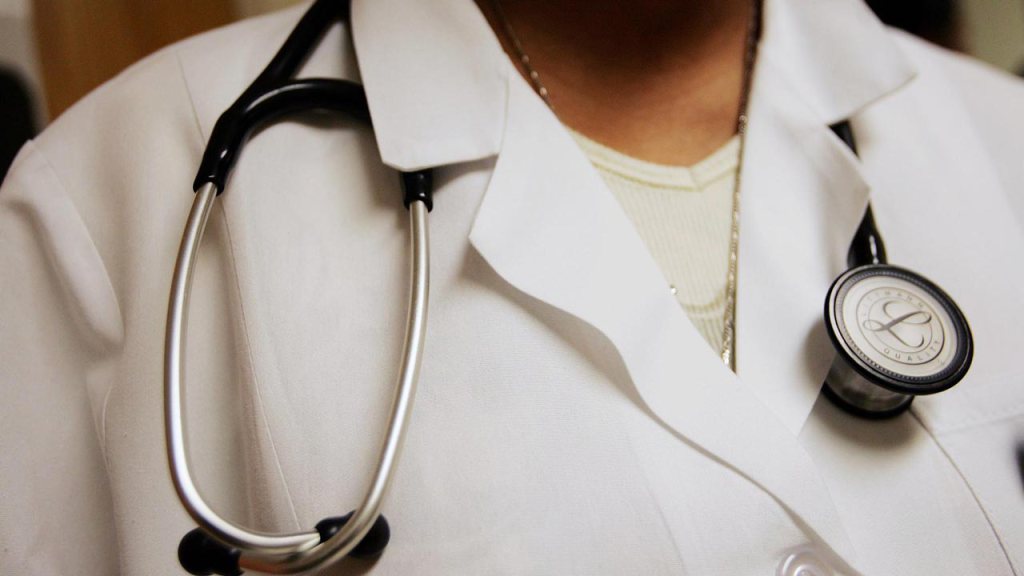As part of its effort towards the eradication of malaria in its host communities, the multinational oil giant, Total Exploration and Production Limited (TEPNG) on Tuesday kick-started the sensitization of Amah, Idu and Egi communities in Ogba/Egbema/Ndoni local government area of Rivers State.
The company said the sensitization programme, held under its Roll Back Malaria Partnership To End Malaria, is aimed at raising the awareness of stakeholders on the prevention and treatment of malaria.
Speaking at the occasion held at the Obite Civic Centre in Egi Kingdom, the TEPNG’s Deputy General Manager, Community Affairs and Development, Mr James Urho, said the ambition of the programme is to expand the use of interventions in all countries where malaria is endemic.
Urho said: “Roll Back Malaria is an initiative founded in October 1988 by the World Health Organization, the World Bank, UNICEF and UNDP to control malaria. The initiative supports research and development of new products and tools to promote an effective control strategy to combat the diseases.
“It emphasizes rapid clinical case detection and treatment, use of insecticide-treated bed nets, management of malaria during pregnancy. It is the ambition of Roll Back Malaria Partnership To End Malaria to expand the use of these interventions in all countries where malaria is endemic especially in Sub-Saharan Africa, where 90% of malaria deaths occur.
“It is in the light of the foregoing that NNPC/TEPNG Joint Venture supports the Roll Back Malaria campaign as one of the public health programmes that have a large benefit to our host communities.
“The objective of the programme is to raise stakeholders’ awareness on malaria treatment and prevention. The programme shall involve screening of participants for malaria parasite, administration of drugs and provision of insecticide-treated nets.”
Urho, who was represented by the General Manager, Community Affairs, Mr. Okechukwu Opara, declared that malaria places a huge burden on Sub-Saharan Africa, with 300 million people suffering acute illness each year and one million dying.
He said: “Malaria places a huge burden on Sub-Saharan Africa, with 300 million people suffering acute illness each year and one million dying, at least, 70% of whom are children and pregnant women.
“In countries with heavy malaria burden, the disease accounts for as much as 40% of public health expenditure, 30-50% of inpatient admissions and up to 50% of outpatient visits. Children that do not die from malaria attack suffer brain damage or experience cognitive and learning deficiencies that have an adverse effect on the development of such countries.
“In Nigeria, the disease is responsible for 60% of outpatient visits to health facilities, 30% of childhood deaths and 11% of maternal deaths. In financial terms, the disease is estimated to cost the country about N132 billion every year -taking into account treatment and prevention costs and loss of working hours.”
Highpoints of the occasion were the screening, administration of drugs and distribution of insecticide-treated nets to stakeholders.




